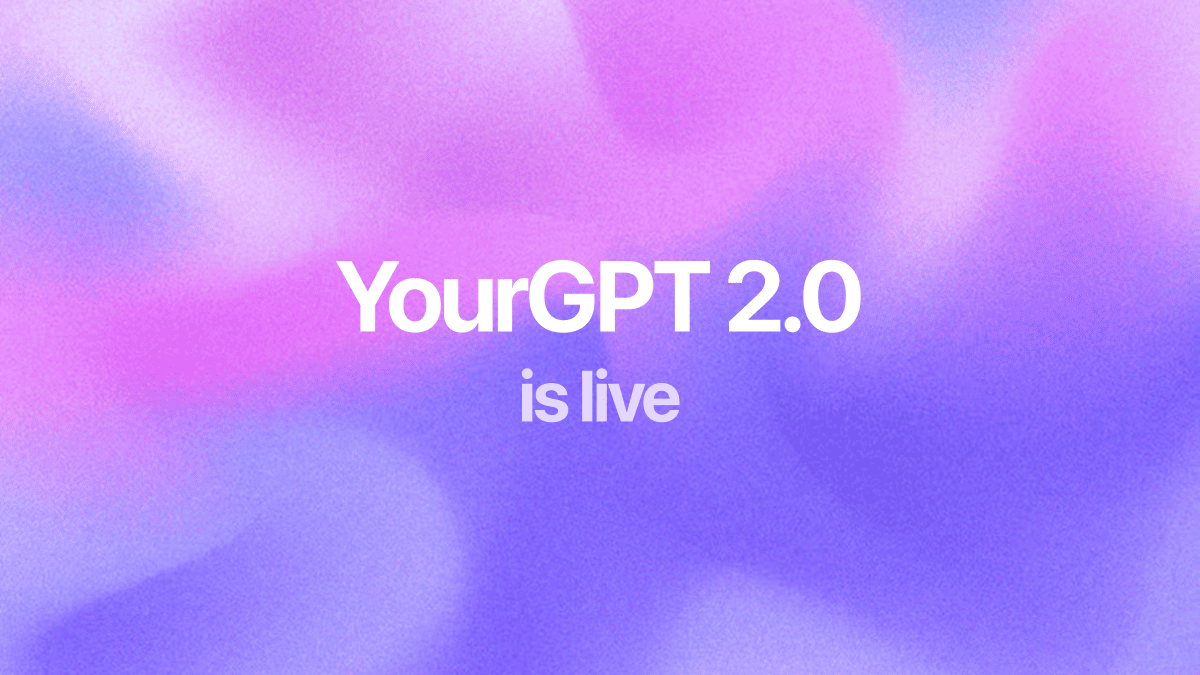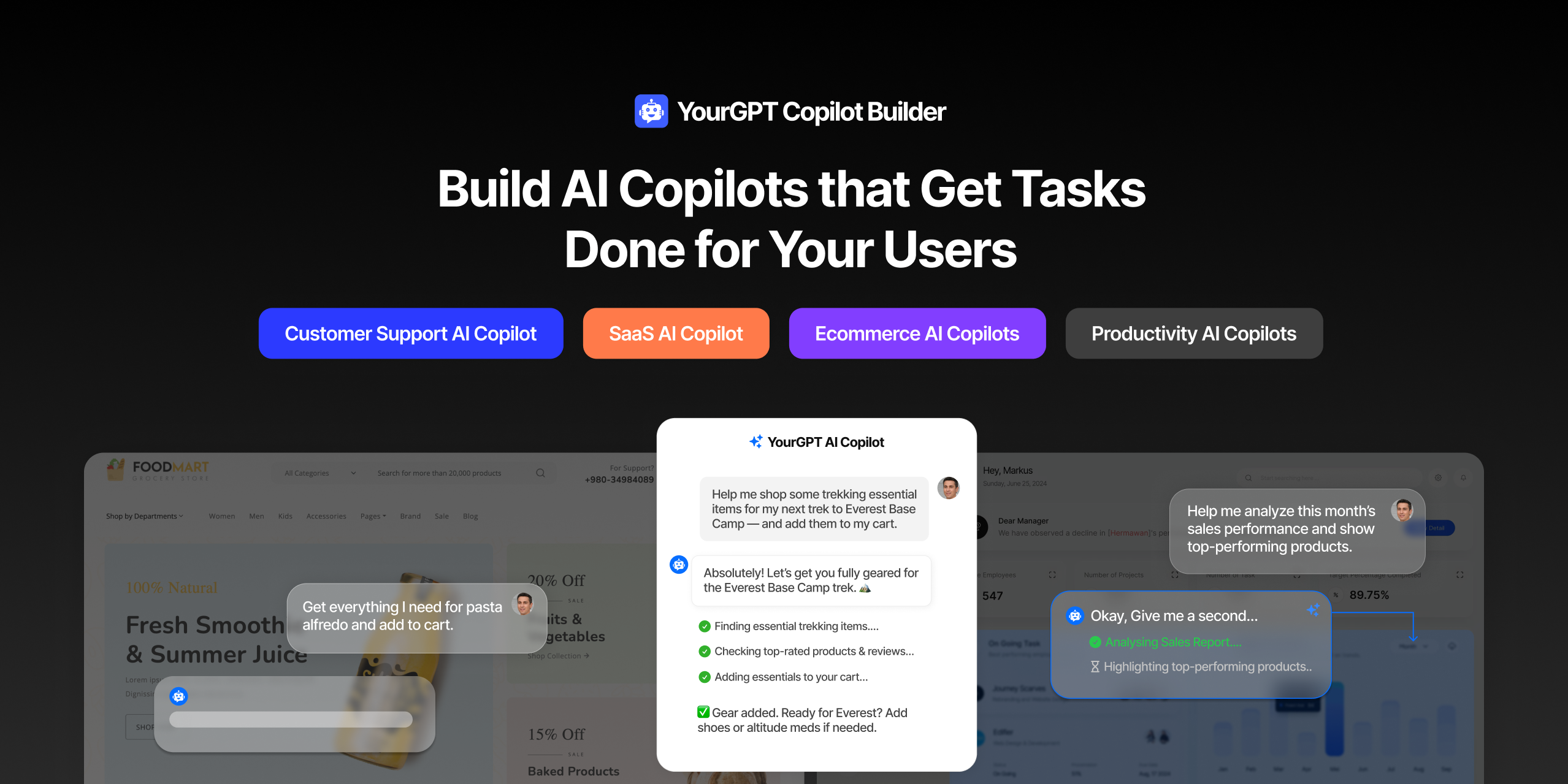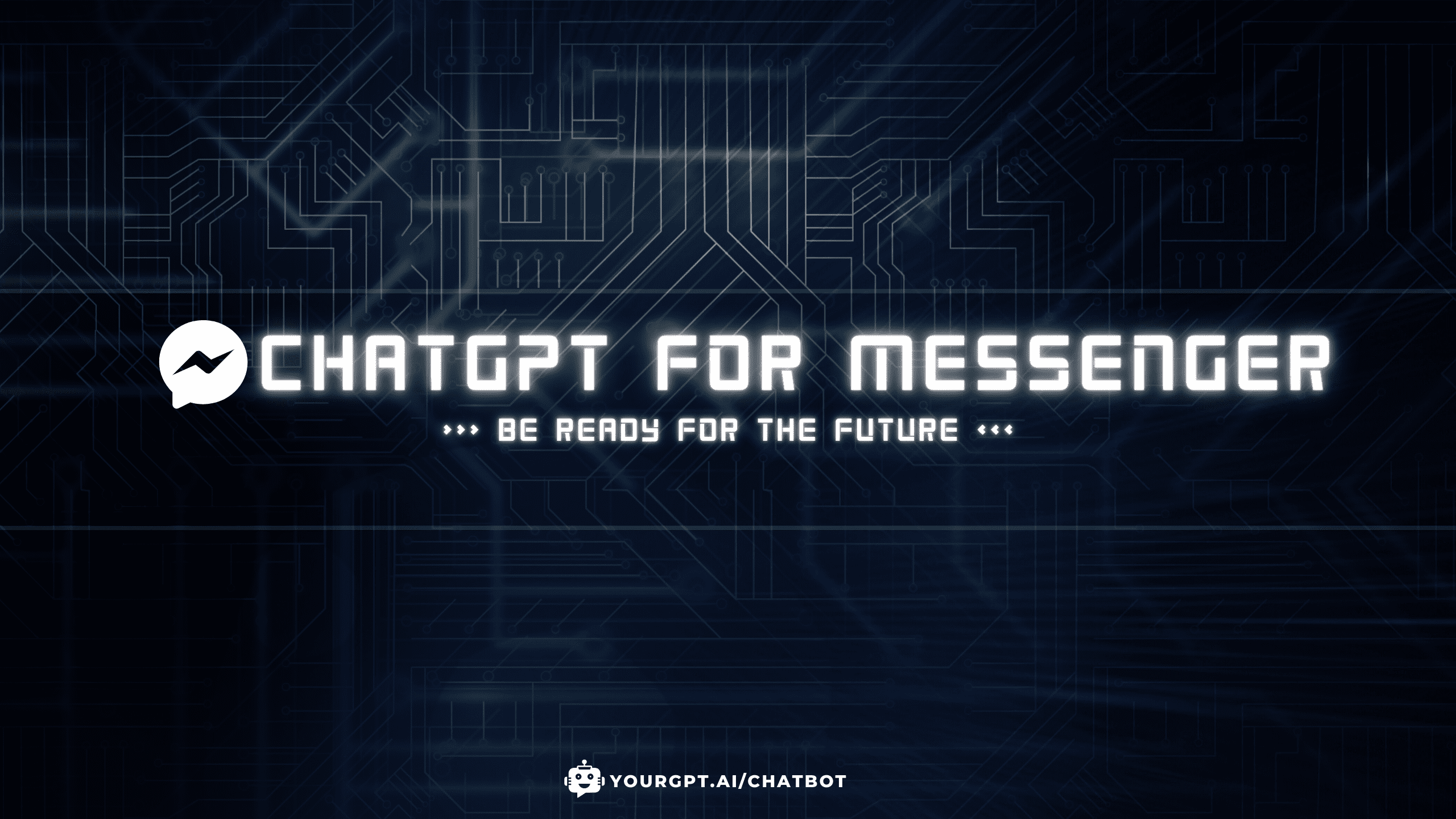This Week in AI | Week 7


Developments in AI this week include updates from OpenAI, AI21 Labs, and Google.org. A lot has happened in the field of artificial intelligence this week! These include the release of OpenAI’s voice engine, a new model introduced by AI21 Labs, and the launch of an accelerator program by Google.org. Now let’s investigate these developments!
OpenAI introduces Voice Engine, a groundbreaking model designed for generating custom voices from a brief audio sample. This innovation, capable of producing natural-sounding speech, aims to revolutionise text-to-speech applications by offering more emotive and realistic voice outputs. Despite its promising applications in education, translation, and accessibility, OpenAI adopts a cautious approach towards its broader release, emphasising the importance of responsible use and the potential risks associated with synthetic voice technology.
Early Applications of Voice Engine:
Building Voice Engine Safely:
OpenAI is actively engaging with various stakeholders to ensure the ethical deployment of Voice Engine, incorporating safety measures such as watermarking and strict usage policies to mitigate misuse risks.

AI21 Labs launches Jamba, a state-of-the-art generative AI model that stands out for its ability to process extensive context without the computational intensity typically associated with it. Jamba’s unique architecture combines transformers and state space models (SSMs), enabling it to handle up to 140,000 tokens efficiently. This capability opens new possibilities for generating long-form content on a single GPU, marking a significant advancement in AI model efficiency and accessibility.
Key Features of Jamba:

Jamba’s Contribution to AI Research:
Released under the Apache 2.0 licence for research purposes, Jamba represents a leap forward in AI model design, promising enhanced efficiency and throughput for handling large-scale text data.
Google.org announces a $20 million accelerator program aimed at supporting nonprofits in using generative AI for social good. This initiative reflects a growing recognition of AI’s potential to enhance productivity and creativity in addressing critical societal challenges.
Program Highlights:
This accelerator program addresses the crucial need for resources, training, and funding that many nonprofits face in adopting AI technology, paving the way for more innovative and impactful solutions in the social sector.
It’s clear from thinking back on last week’s developments in AI that the area is developing quickly thanks to creative initiatives and a commitment to societal welfare. The adoption of technology in many areas is likely to be influenced by the array of opportunities and considerations it brings as it advances. It is essential to have ongoing discussions about these developments to make sure that AI development continues to follow moral principles and have practical applications.

Businesses today expect AI to do more than answer questions. They need systems that understand context, act on information, and support real workflows across customer support, sales, and operations. YourGPT is built as an advanced AI system that reasons through tasks and keeps context connected across every interaction. This intelligence sits inside a complete platform […]


AI can help you finds products but doesn’t add them to cart. It locates account settings but doesn’t update them. It checks appointment availability but doesn’t book the slot. It answers questions about data but doesn’t run the query. Every time, the same pattern: it tells you what to do, then waits for you to […]


GPT-driven Telegram bots are gaining popularity as Telegram itself has 950 million users worldwide. These AI Telegram bots allows you to create custom bots that can automate common tasks and improve user interactions. This guide will show you how to create a Telegram bot using GPT-based models. You’ll learn how to integrate GPT into your […]


TL;DR The 10 best no-code AI chatbot builders for 2025 help businesses launch quickly and scale without developers. YourGPT ranks first for automation, multilingual chat, and integrations. CustomGPT and Chatbase are ideal for data-trained bots, while SiteGPT and ChatSimple focus on easy setup. Other options like Dante AI, DocsBot, and Botsonic specialize in workflows and […]


GPT Chatbot for Webflow: The Key to Exceptional Customer Service Providing great customer service is essential for any business, but managing a high volume of inquiries can be a challenge.If you use Webflow, integrating a webflow chatgpt can simplify this process. This AI-powered webflow chatbot offers consistent, personalised responses to customer queries, helping you manage […]


Messenger is an important platform for businesses to engage with customers in real time. With over 1 billion active users on Messenger in 2024, it is a great opportunity for businesses worldwide to connect with their audience. Using YourGPT Chatbot in Messenger can make customer service more efficient. YourGPT Chatbot automates 70% of routine inquiries, […]
